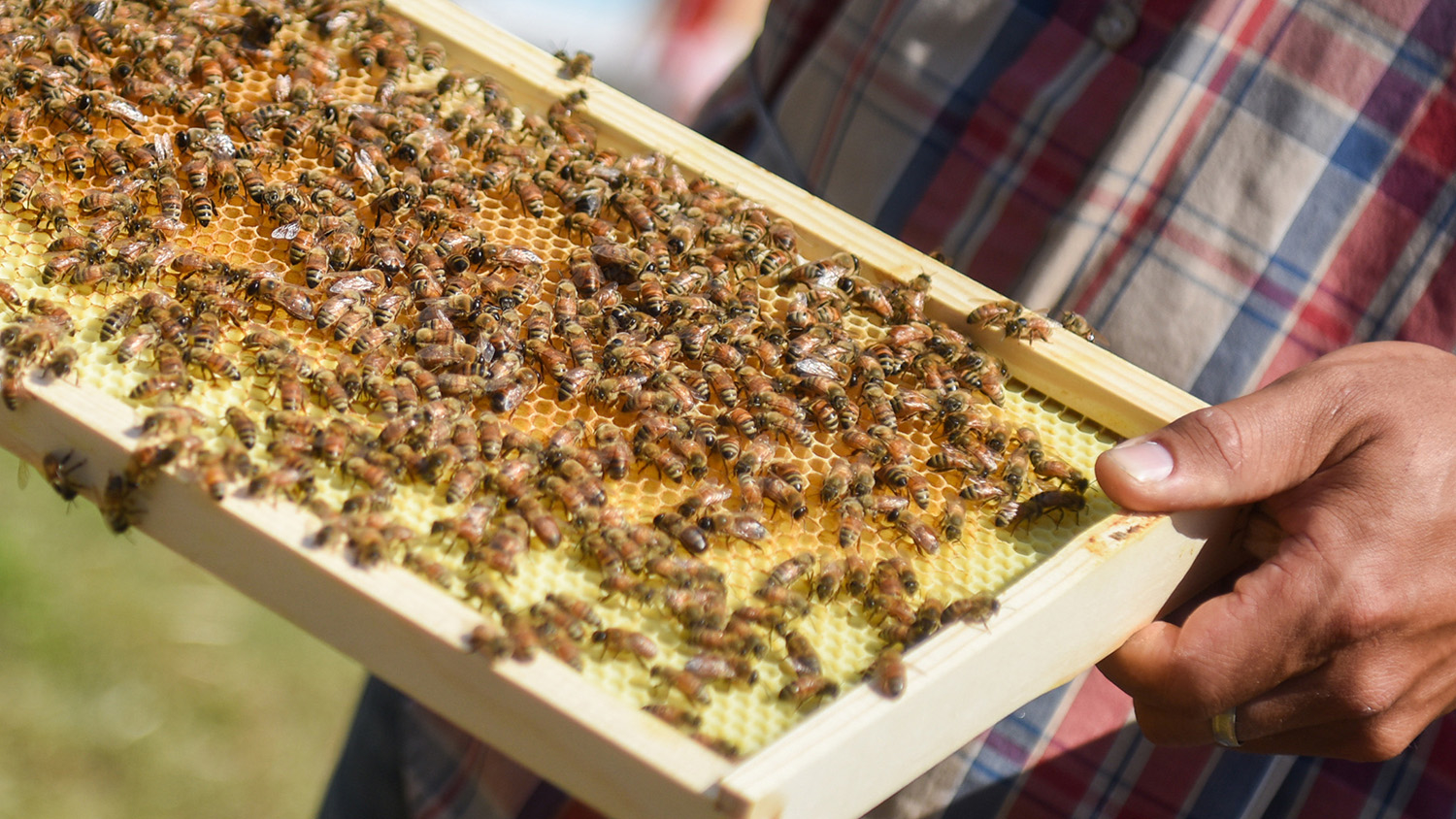pollinators
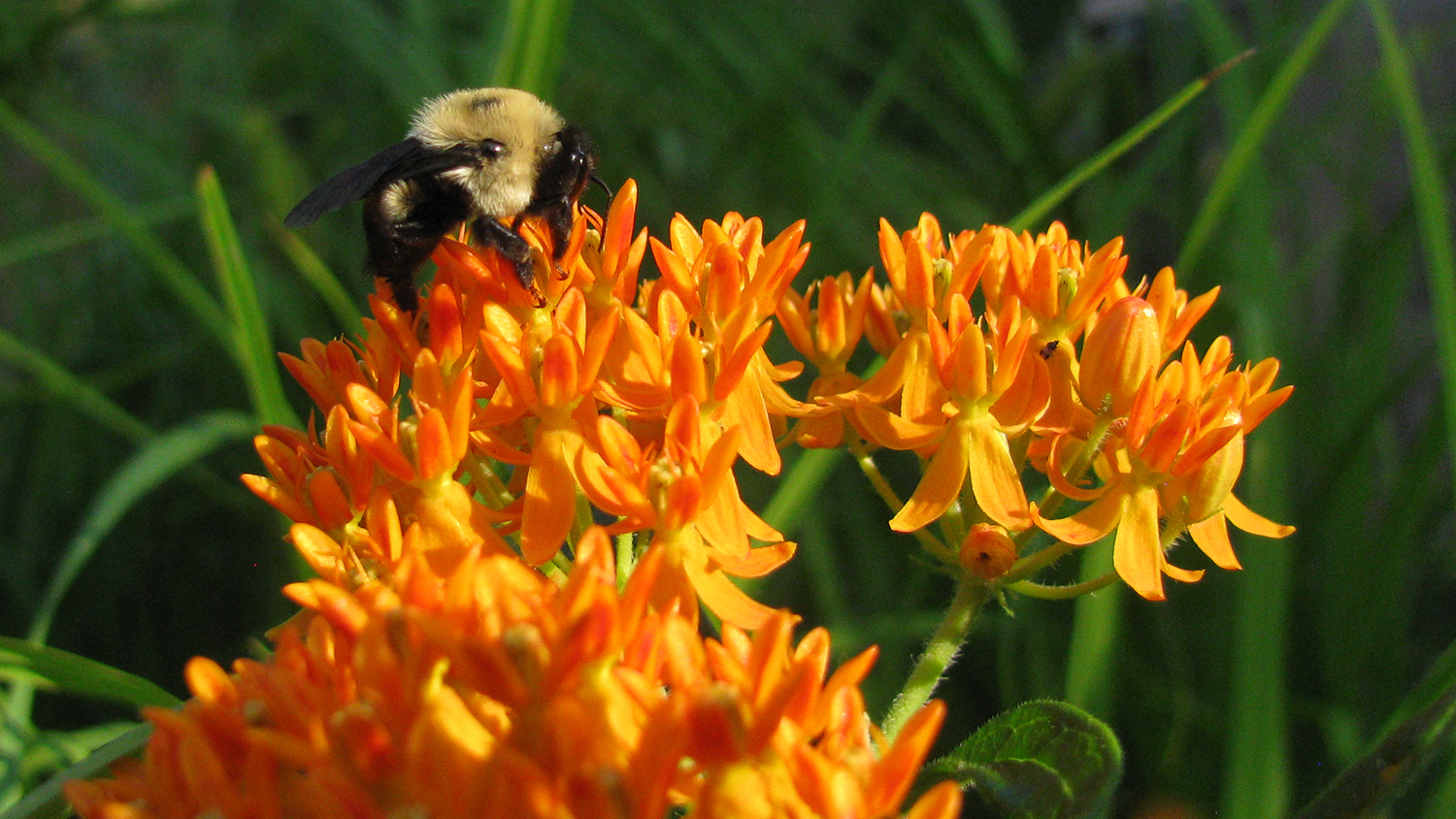
Flowers Aren’t Enough: How Urban Heat Affects Bee Populations
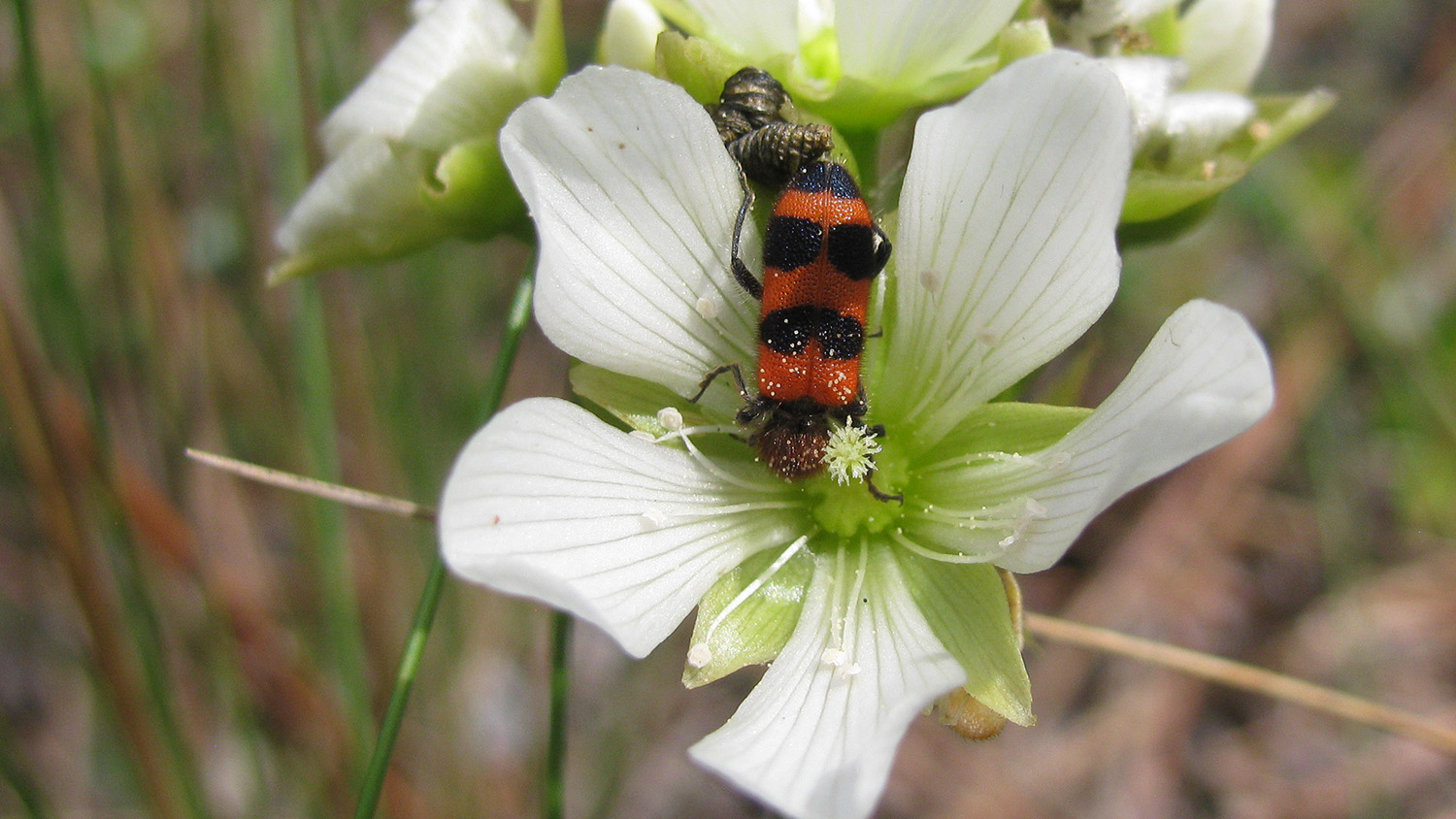
Venus Flytraps Don’t Eat The Insects That Pollinate Them
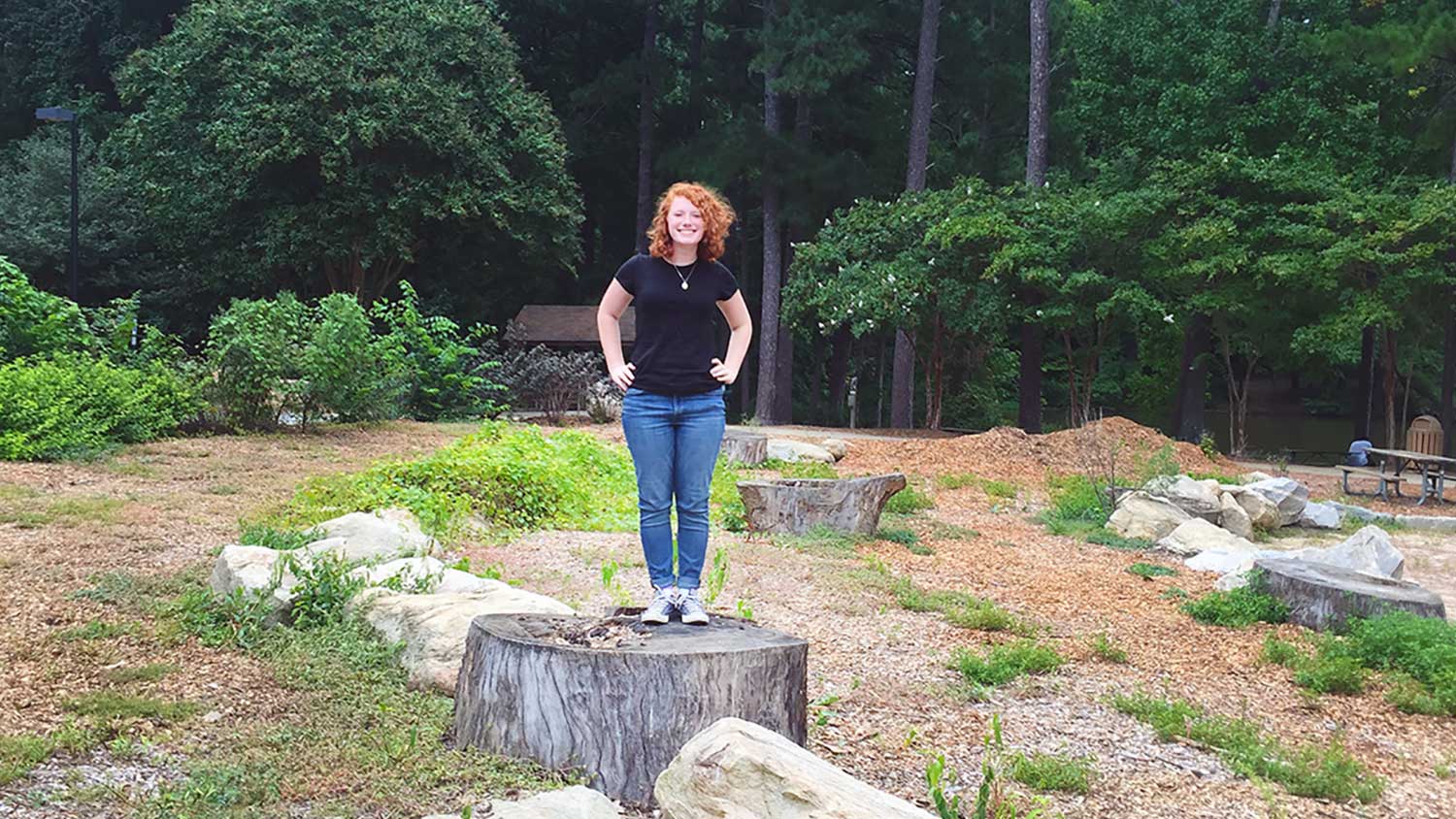
Planting Her Future

Climate’s Effects on Flowers Critical for Bumble Bees

Business Officer Magazine Article: Protecting Pollinators
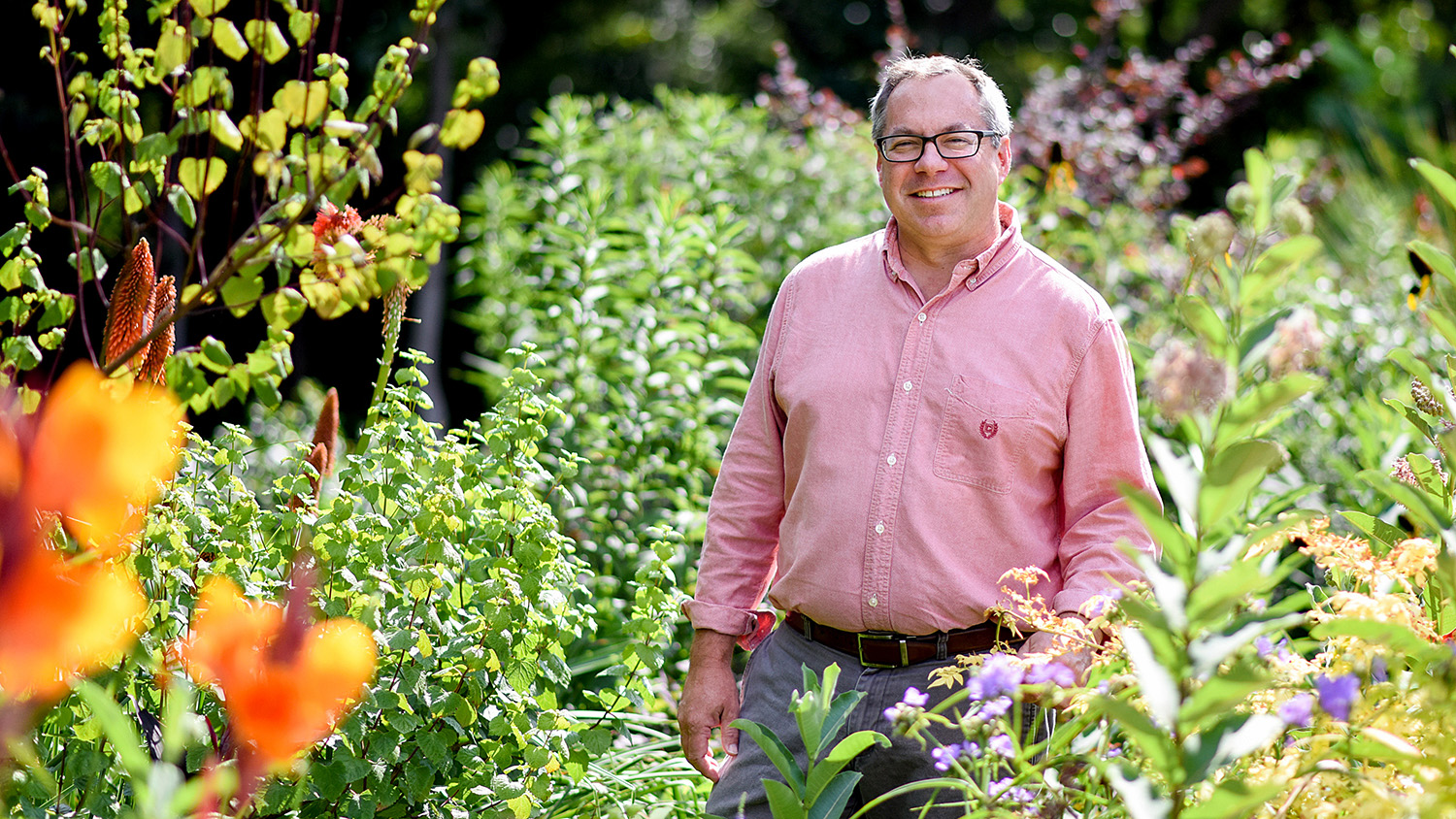
Arboretum Director: Helping Your Garden Grow
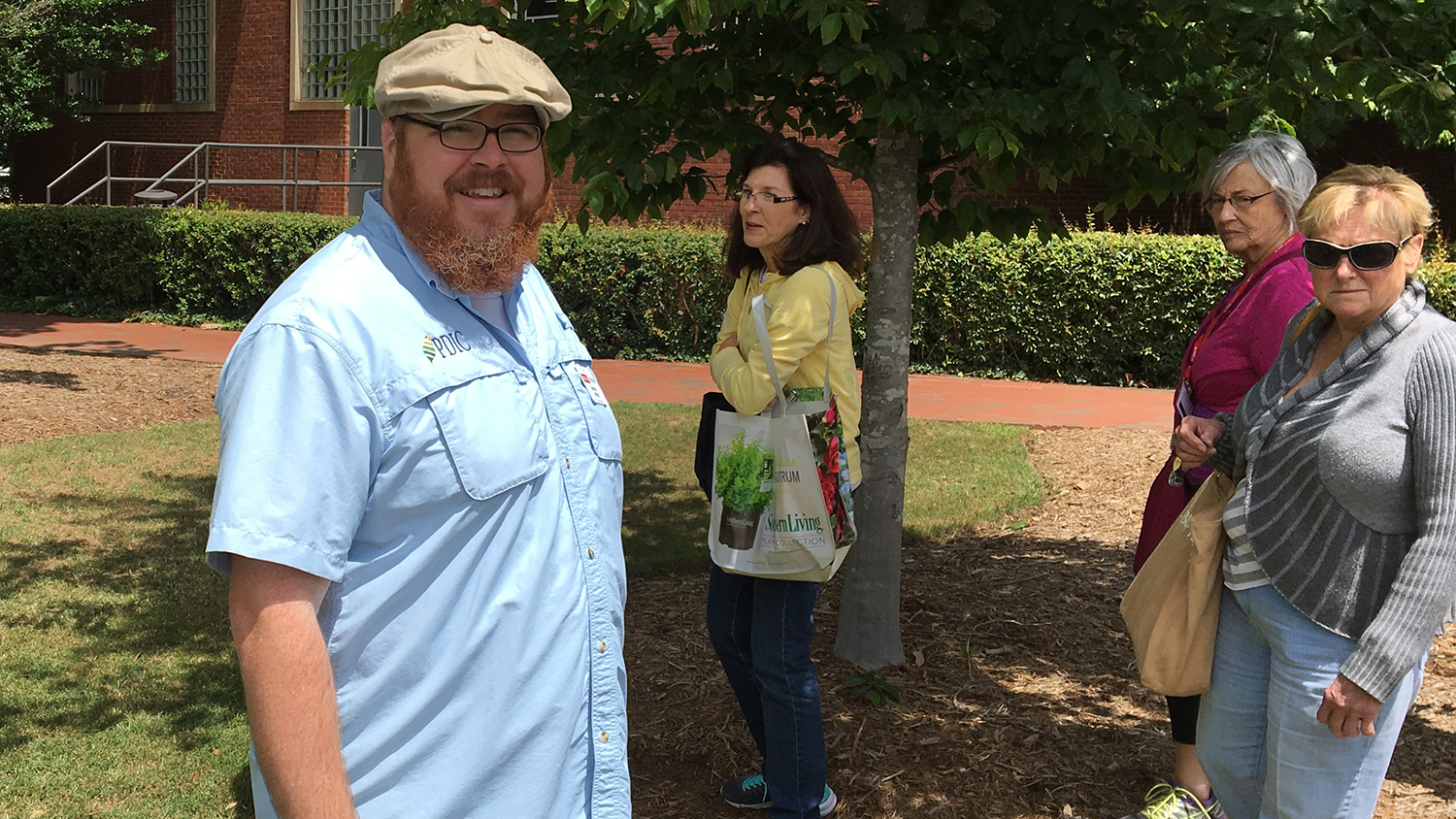
NC State Holds First N.C. Extension Master Gardener College
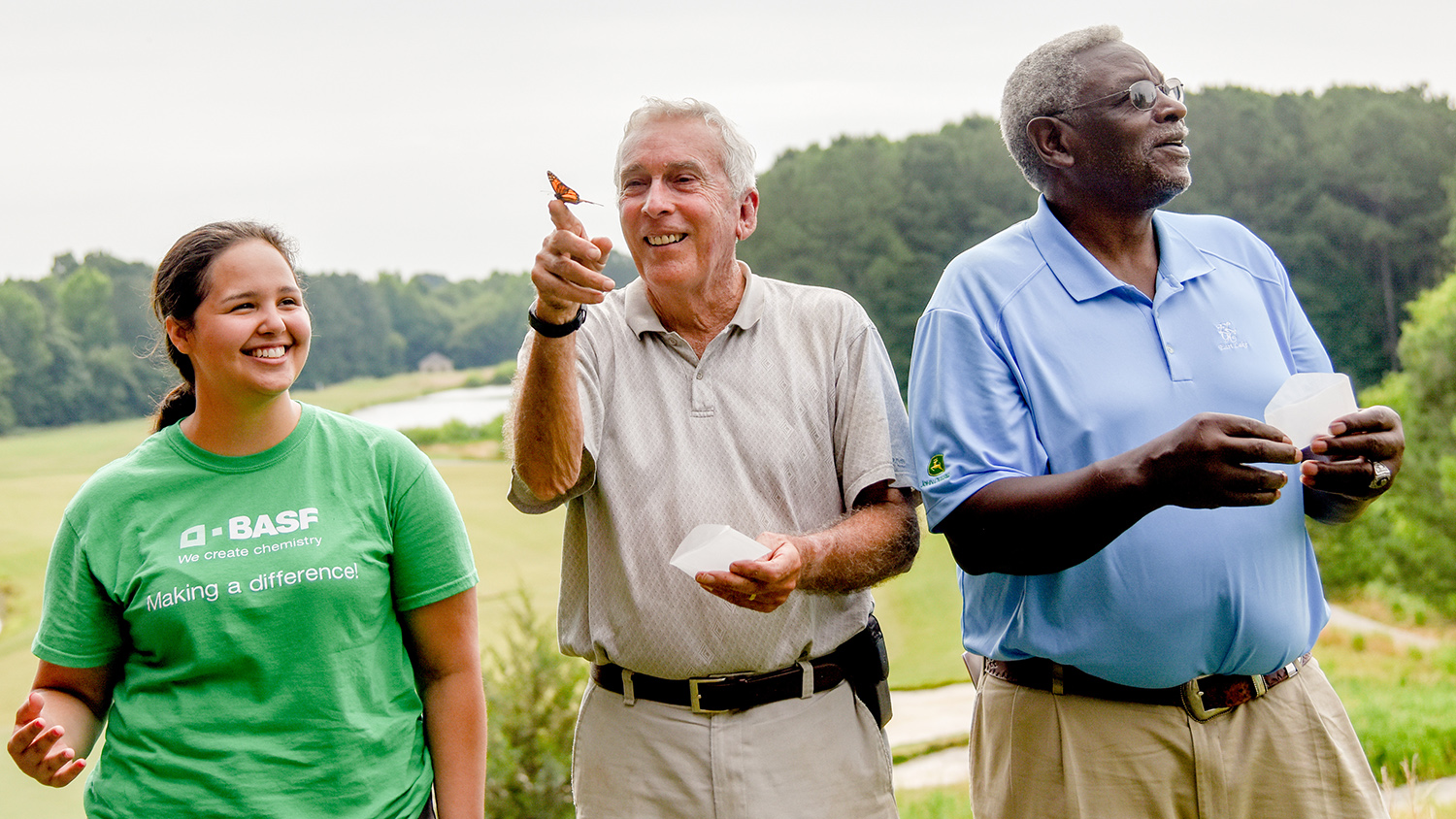
Butterflies Get Royal Treatment on Golf Course
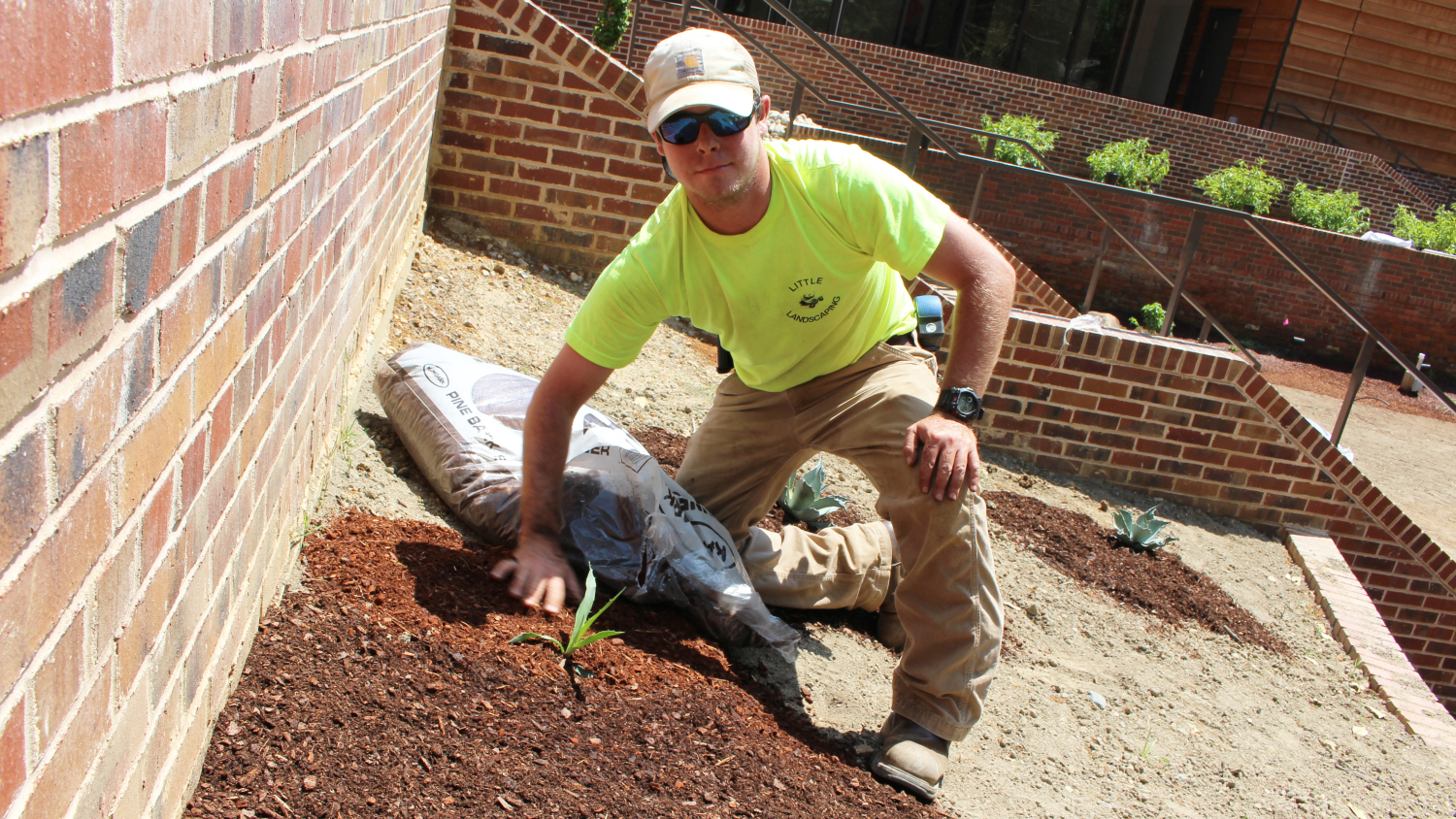
Horticultural Science Students Design Pollinator Garden That’s a Work of Art
